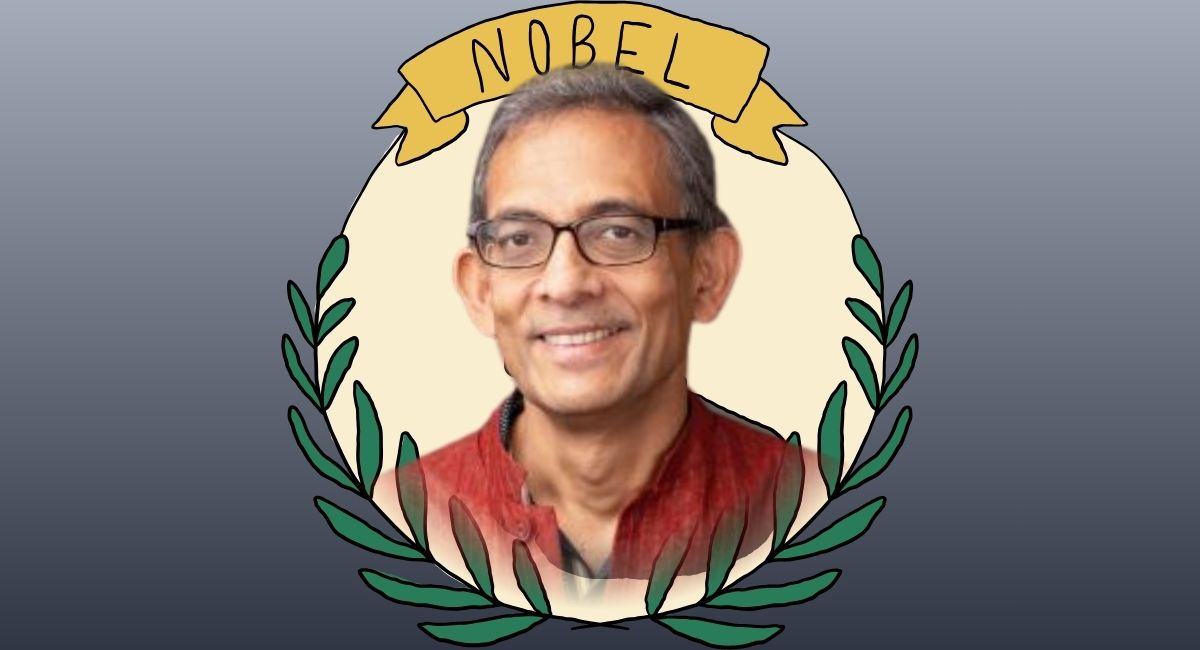Abandoning the Poor: What the Collapse of U.S. Foreign Aid Means for the World
Magazine, The Immigrant Experience
It wasn’t supposed to be like this. For two decades, communities from rural Malawi to post-conflict Afghanistan were finally starting to breathe; thanks, in large part, to U.S.-backed foreign aid. Clinics opened. Girls went to school. Infant deaths dropped. For once, the arc of justice seemed to bend toward dignity. But during a recent briefing hosted by American Community Media (ACOM), with support from the South Asian Literary Association and the San Francisco Arts Forum, Nobel Prize-winning economist Dr. Abhijit Banerjee shared a stark truth: that fragile progress is now unraveling. And the world’s poorest communities are being left to face the fallout. “We were winning,” Dr. Banerjee told a virtual room full of ethnic media reporters. “Now, we’re watching the infrastructure that made that possible collapse.”
The U.S., once the moral and financial engine of global aid, is pulling back. First under Trump, then again under new political pressures, America has slashed billions from foreign aid budgets. And as the U.S. retreats, so do its allies. France, the UK once key partners, are diverting money to defense, not development. Dr. Banerjee didn’t offer bureaucratic warnings. He spoke plainly: “In some places, it means shutting down maternal health programs. In others, children will starve.” We’re not talking hypotheticals. We’re talking lives.
Programs that once kept people alive, PEPFAR, which delivers HIV medication, and GAVI, the global vaccine alliance, are now on shaky ground. COVID-19 taught the world what happens when we underinvest in public health. Now, we’re doing it again, but this time, knowingly. “We were close to breakthroughs in malaria and TB vaccines,” Banerjee said. “That momentum is now gone.” This isn’t just a distant crisis. As he reminded the room: diseases travel. So do desperation and displacement. Foreign aid isn’t charity. It’s prevention.
Critics love to point fingers at inefficiency and fraud. But Banerjee pushed back: most of the bureaucracy is overcompensation. “We’ve built an overregulated system obsessed with avoiding fraud,” he said. “That caution costs money.” But what truly costs lives is abandoning the very innovations that once worked. Banerjee cited Development Innovation Ventures (DIV), a U.S.-funded program that tested scalable solutions to poverty. It was rigorous. Transparent. And it’s now defunded. Once again, success is being punished for not being loud enough.
Some countries are trying. Norway. Spain. But their budgets are a drop in the bucket. Middle powers like India and Brazil may want to help, but they can’t replace the muscle of American investment. Banerjee did the math: “One percent of the wealth of the world’s 3,000 richest people would yield $140 billion. That’s enough to fill the gap.” So the question isn’t “can we?” It’s “will we?”
During the Q&A, The Immigrant Magazine’s Pamela Anchang asked what happens to those who don’t fit neatly into aid frameworks, refugees, undocumented migrants, the stateless. Banerjee’s response was sober. “Those people are the most at risk. When national aid dries up, and international systems retreat, they’re the first to fall through the cracks.” In other words, the world’s invisible are becoming even more so.
One journalist shared a story from her own community, a South Sudanese mother in her twenties who walked three days to a remote aid outpost, only to learn it had shut down two weeks earlier. Her child had a fever. She left with nothing but an oral rehydration packet and a plastic cup. She hasn’t returned.
As the briefing closed, Banerjee turned to the media, not with blame, but with urgency. He said the narrative must shift. “We’ve reduced child mortality. We’ve educated girls. These are wins,” he said. “But the media only covers corruption and failure. That imbalance kills the public will to invest.” Stories shape what people believe is possible. If we only report dysfunction, we justify inaction.
Then Kiran Malhotra, co-founder of the South Asian Literary Association and director of the San Francisco Arts Forum, reminded the audience that stories are not just lifelines—they are lifeblood. She offered a vibrant preview of the upcoming SALA Festival, a diasporic celebration where myth and modernity, migration and memory, art and advocacy converge. Dr. Banerjee, she shared proudly, would be delivering the keynote. “We venture into thoughts without borders,” Malhotra said, her words carrying both urgency and hope. In a world turning its back on the vulnerable, she offered a cultural counterpoint: “We gather to imagine more. And to act like it matters.” A reminder that while budgets may shrink, the power of collective memory—and creative resistance—endures.
This isn’t just about budgets or policies. It’s about what kind of world we’re choosing to build or let collapse. The rollback of U.S. foreign aid isn’t an accounting decision. It’s a warning sign. And the cost isn’t theoretical. It’s human.
#GlobalJustice #ForeignAidCrisis #BanerjeeBriefing #ACOMVoices #StayHuman #AidNotAbandonment #DevelopmentJustice #ImmigrantMedia #KiranMalhotra


